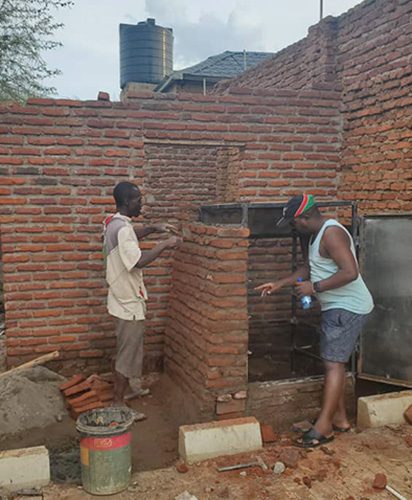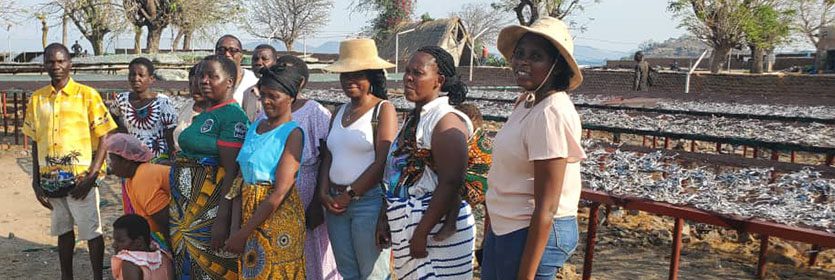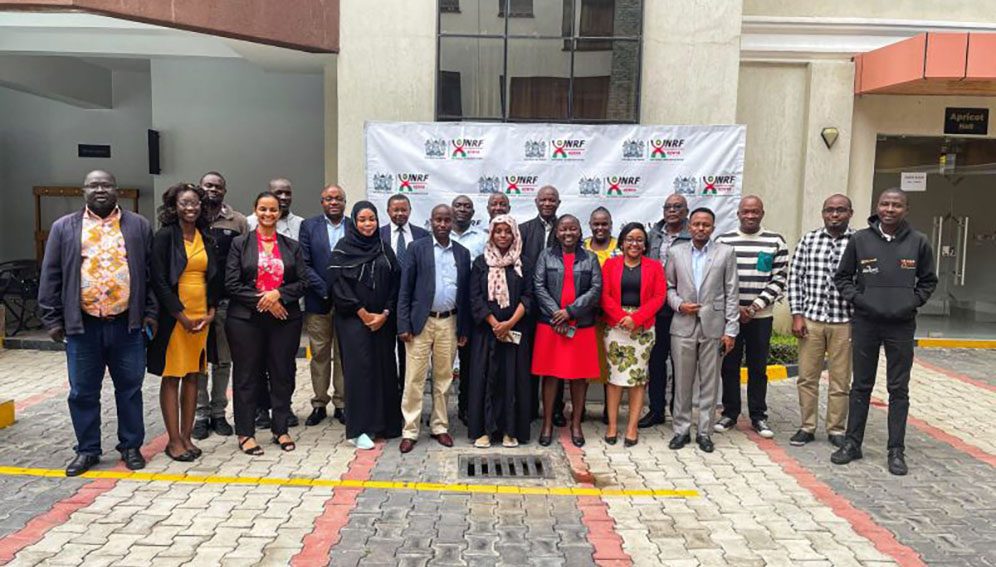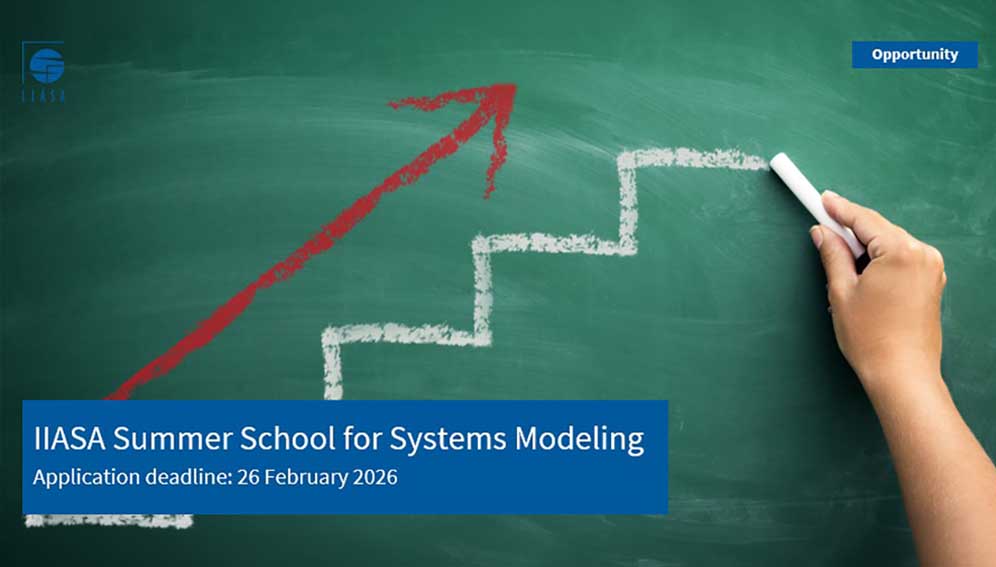SGCI News
[LILONGWE] Closing his eyes as he battled smoke wafting from fish-smoking kilns in front of him, Issah Amin put more wood into one of seven ovens at Chikombe beach, a…
- Malawi’s traditional fish smoking is labour-intensive, resulting in post-harvest losses.
- Researchers build eco-friendly kiln that reduces wood use and health hazards.
- The innovation aims to improve productivity, hygiene, and export potential.
[LILONGWE] Closing his eyes as he battled smoke wafting from fish-smoking kilns in front of him, Issah Amin put more wood into one of seven ovens at Chikombe beach, a fish-landing site on Lake Malawi.
“This is one of the hardest parts of this work,” Amin said, his eyes teary as he poked the firewood to stoke the flames and cure the fish, laid out on wire mesh on a platform made from bricks.
“But if I don’t do it, I won’t take the fish to Lilongwe [Malawi’s capital],” he said as he sat back to watch the flames.
“It will be rotten and my business and my livelihood will be dead.”
On beaches along Lake Malawi, the country’s largest fishing ground, and other fishing sites across Malawi, this laborious and smoky curing method is the norm.
But the approach is not only back-breaking and hazardous to health, it is also wasteful.
High firewood consumption and significant post-harvest losses plague the industry.

A study assessing the economic impact of post-harvest fisheries losses found staggering wastage: 43 per cent at the beach, 54 per cent during processing, and 69 per cent during marketing.
While the economic losses may be relatively modest, the study warned of high potential for health risks and loss of nutritional value.
With funding from the Science Granting Councils Initiative through Malawi’s National Commission for Science and Technology, researchers launched a project in 2024 to reduce these losses and improve the livelihoods of processors.
They developed modern fish-smoking kilns, which are clean, enclosed systems that retain heat, consume less firewood, and are easy to operate.
James Banda, principal investigator on the project, said the kilns are efficient at removing moisture and significantly reduce smoking time.
“The kilns can process 100 kg of fish in two hours,” he said.
Banda said the kiln was designed to collect fish oil that drips out during smoking – an added by-product that processors can sell or use, increasing the value of their work.
The kiln controls heat and smoke distribution and ensures the fish are evenly smoked, resulting in better taste, texture, and a longer shelf life, according to Banda, who is also a principal research officer in the Ministry of Agriculture.
“We designed the new kilns with better hygiene standards, reducing contamination risks and ensuring safer fish products,” he added.
“These advancements make the modern fish smoking kiln a valuable upgrade for improving productivity, quality, and sustainability in fish processing in Malawi.”
Poverty reduction
According to Malawi’s 2021 Annual Economic Report, fish contributes over 70 per cent of dietary animal protein for Malawians and 40 per cent of total protein supply.
In 2020, more than 65,000 people were employed as fishers, while another half a million people were indirectly employed in the industry, through activities such as fish processing, fish marketing, and boat building, the report says.
Banda believes the sector holds real potential for poverty reduction.
“Improved fish processing methods will help value chain actors, such as women and youth, to mitigate their vulnerability and adapt to extreme shocks and fish losses, boost their productivity and improve their livelihoods,” he said.
The project is working to reach 500 direct beneficiaries in Mangochi, one of Malawi’s key fishing districts, aiming to cut post-harvest losses by 15 per cent and improve kiln adoption by 15 per cent by 2026.
Ellack Dyton, an extension worker on the project, has been training fish processors on kiln construction, use, and fish handling from landing sites to markets.
“So far, the response has been impressive,” Dyton said.
“What has endeared the technology to the processors is reduced firewood and less labour because now they can put fish in the kilns and engage in other activities.”
Hee admits that a “change of mindset” is still needed, adding: “When innovations like this come up, some will always hesitate to adopt. But there is significant interest to adopt this technology and that encourages us.”
Scaling up
Environmentalist Charles Mkoka, who has worked on fish-processing initiatives in Malawi, says the technology offers huge market potential.

“The process assures food safety standards for local and regional markets,” said Mkoka, who is the executive director of the Co-ordination Unit for Rehabilitation of the Environment, or CURE, a local environmental group.
He says it means processors can tap into export opportunities within the Southern Africa Development Community or Common Market for Eastern and Southern Africa.
He added: “Such improved technologies reduce labour and health burdens and create more income-generating opportunities, especially for female-led cooperatives and youth enterprises.
“What now remains is to build their capacity and support formation of women-led and youth-led cooperatives for knowledge sharing and economies of scale.”
The researchers say they now aim to spread the technology to more landing sites across Malawi.
“Our aim is to share with other districts across the lakeshore to enhance quality and safety of smoked fish products while reducing losses,” said Banda.
This article was written by Charles Mpaka
Related News
Science Granting Councils Initiative announce support to Africa’s STI Policy Agenda at African Union Meetings
Press Release Addis Ababa, Ethiopia | February 12, 2026 — Ahead of the Annual Summit of Heads of State at the African Union Headquarters in Addis Ababa this February, Canada’s International Development Research Centre (IDRC), the Government of Norway, and the United Kingdom’s Foreign, Commonwealth…
Kenya’s research fund launches data security training
The National Research Fund (NRF) Kenya has launched a research data security training workshop, highlighting its commitment to strengthening the quality, integrity, and impact of publicly funded research across the country. The workshop convened experts from universities, Ministries, Departments, and Agencies (MDAs), and research institutions…
ILASA summer school for systems modeling 2026
Master’s students, PhD candidates, and early-career researchers with a focus on sustainability and quantitative methods are invited to apply for the IIASA Summer School for Systems Modeling, taking place in Laxenburg, Austria, from 29 June – 10 July 2026. The two-week in-person programme offers intensive,…
SGCI funded projects
Rwanda’s integrated approach to sustainable agriculture and nutrition
Project Titles & Institution Areas of Research Number of Projects being funded Project Duration Grant Amount In-Kind Distribution Council Collaboration with other councils





